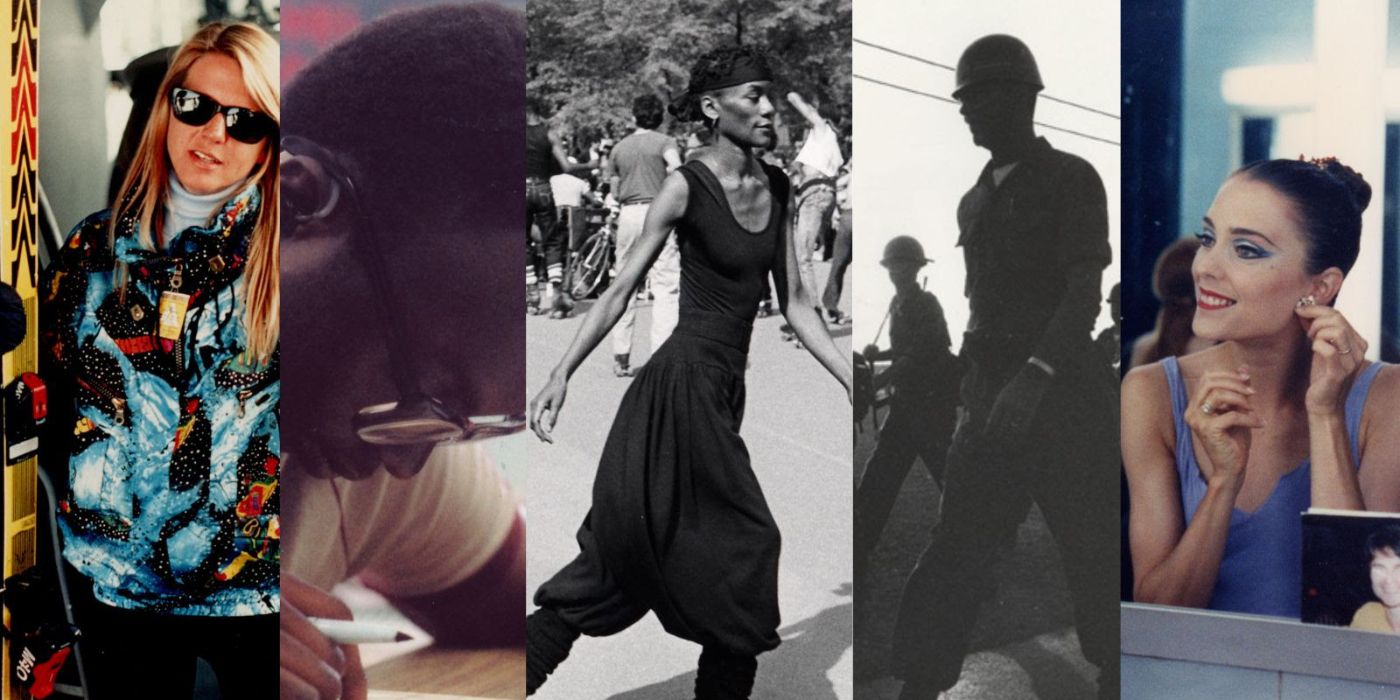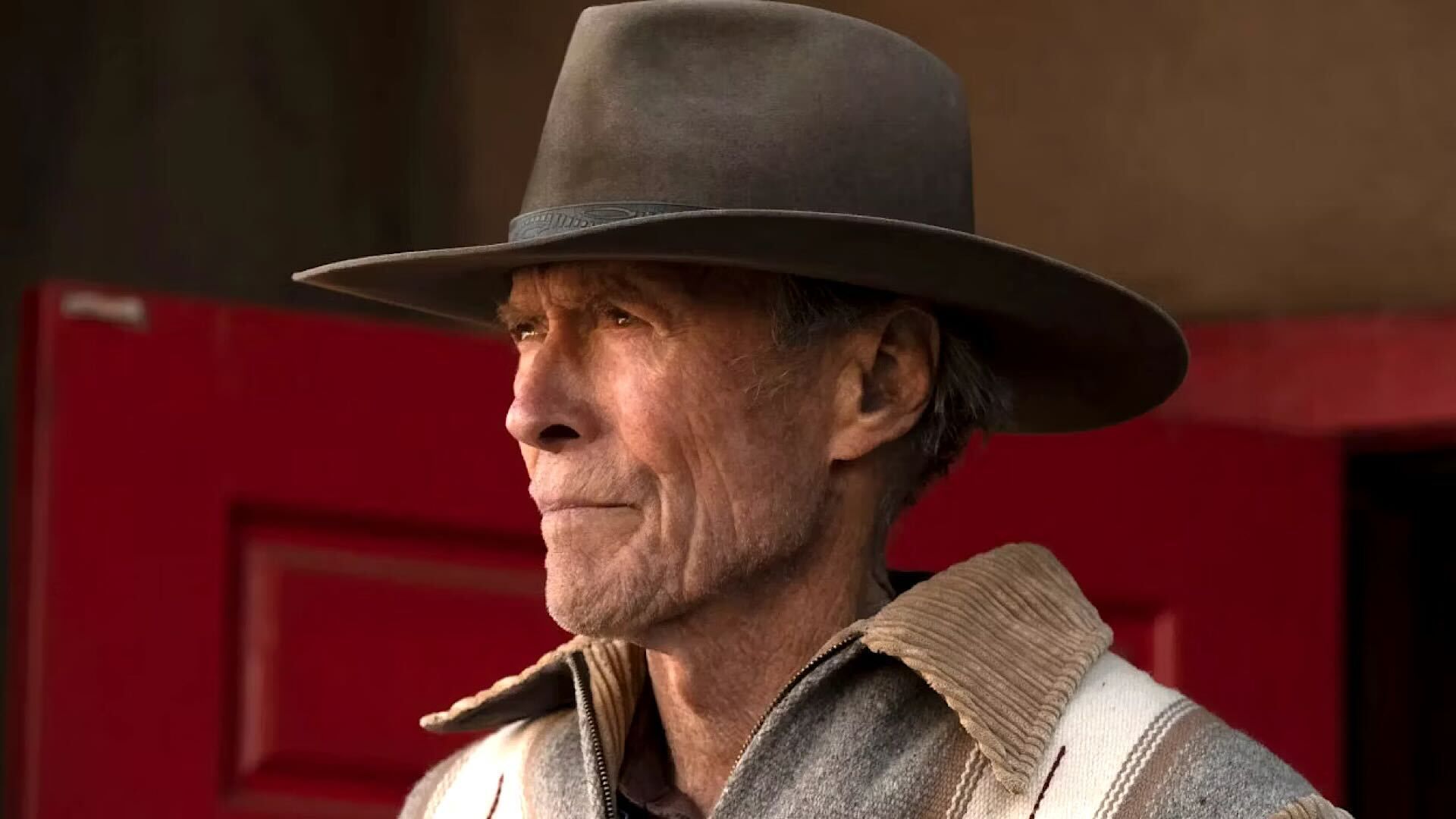Summary
- Continues impressive New Queer Cinema legacy with a naturalistic and politically conscious approach.
- Théodore Pellerin shines as Simon, showcasing depth and authenticity in a complex role.
- Solo captures the beauty and politics of drag art, validating the artist’s journey in a hostile world.
Written and directed by French-Canadian filmmaker, Sophie Dupuis, Solo joins the chorus of LGBTQ+ media set in the vibrant world of drag today. While it might seem like an over-saturated market — between HBO’s We’re Here, which is currently in its fourth season, and the long-running RuPaul’s Drag Race franchise — Solo offers a grittier take on the life of a drag performer. It certainly offers the razzle-dazzle fans typically associate with drag queens, but underneath the glam is the tender beating heart of a sensitive artist trying to find his own way in a cruel world.
Solo stars Théodore Pellerin as Simon, who is a rising star in Montreal’s drag scene. Onstage, Simon is Glory Gore, a goddess whose beautiful garments — made by his sister, Maude (Alice Moreault) — are just as breathtaking as the way she commands attention from the audience. Offstage, however, he’s a little less sure of himself and still trying to find who he is as an artist. Things take a turn when he enters a passionate relationship with a fellow drag queen, Olivier (Félix Maritaud), and when his mother, Claire (Anne-Marie Cadieux), a famous opera singer in Europe, returns home after 15 years abroad.
4/5
Release Date May 24, 2024
Director Sophie Dupuis
Cast Théodore Pellerin , Félix Maritaud , Anne-Marie Cadieux
Runtime 1h 41m
Writers Sophie Dupuis
Pros
- Continues impressively from the traditions set by the New Queer Cinema movement
- Théodore Pellerin is wonderful in the central role, displaying Simon’s depth and layers well
- Clearly cognizant of the inherent political work it’s doing without overplaying its hand
Cons
- Retreads familiar territory
New Queer Cinema Meets Cinéma Québécois
Solo harkens to the golden age of New Queer Cinema, a movement of independent filmmaking in the early-1990s that centered around LGBTQ+ stories, characters, and issues. Fueled by the political and cultural phenomena of this time — from the AIDS crisis to Ronald Reagan’s conservative administration to a desire for better representation of the queer community on-screen — New Queer Cinema films were inherently angry, defiant, unapologetic, and thus deeply human. Indeed, one of the biggest goals was to offer a more substantive look into the lives of queer folks, and, as a result, films of this period were highly individualistic, honing in on the uniqueness of their LGBTQ+ protagonists (and, by extension, cast and crew).
Immediately, you can feel a similar sense of “underground filmmaking” in Solo, not because it feels like a low-budget film (it doesn’t), but because of Dupuis’ decidedly naturalistic approach. She favors a degree of spontaneity and breathability that allows for realism to be captured on-screen. In fact, there’s a feeling of discovery in all the actors’ performances, which enhances the impossibly complex positions they all hold.
It’s a testament to Dupuis’ writing — it’s no wonder she’s already gaining prominence in Quebec’s cinema industry — and the impeccably cast ensemble that even the smaller characters hold space and attention. But, of course, it’s Pellerin’s seemingly effortless performance as Simon that carries Solo across the finish line. Wounded and vulnerable, yet fiery and explosive, you can see the worlds Simon carries on his shoulders, and Pellerin never misses a moment.
Also bringing life to Solo is costume designer Cédric Quenneville, whose sartorial prowess is on full display, especially when it comes to the drag numbers. It’s one thing to distinguish one character from another by how they dress, but it’s an entirely separate (and gigantic) operation to do so with drag queens, each of whom has their own aesthetic, brand, and style. Capturing the beauty of all this drag art is cinematographer Mathieu Laverdière, whose camera never fails to find the light and life of a steel-gray Montreal winter.
Related Femme Review: An Edge-of-Your-Seat Queering of the Neo-Noir Crime Thriller Femme follows drag queen Jules (Nathan Stewart-Jarrett) as he seeks revenge on the man who physically assaulted him (George MacKay) outside the club.
Reverence for the Art and Politics of Drag
Music Box Films
Solo arrives in U.S. theaters at a time when homophobic, transphobic, bigoted, and general anti-drag rhetoric, protests, and violence are more pervasive than ever across the country. As it stands, the pursuit of the art of drag — whether by way of the artist or the audience — makes drag an inherently political statement. To persevere when, in many places where hate is in abundance, engaging in the act itself can threaten your life is radical. While Solo (smartly) doesn’t over-extend itself as a political vehicle, there’s evidence that Dupuis is aware of the larger context in which her movie operates.
Indeed, the director takes great care in representing Simon’s life as multitudinous: breathtaking — a goddess, really — onstage; yearning, perhaps even a tad desperate, to be loved; sometimes unsure of his own value; and yet steadfast in his artistic ambitions. Though the story may tread familiar ground when it comes to Simon’s coming-of-age as an artist (the künstlerroman), that doesn’t necessarily mean it’s any less satisfying or that it packs any less of an emotional punch.
Related Best Coming-of-Age Films of the 2010s, Ranked The concept of coming of age makes for great cinema. Let’s look at how this idea was explored in the 2010s.
Solo ultimately validates the life of an artist, whether it’s Simon’s path as a drag queen, Maude’s work as a costume designer, or Claire’s selfishness in her pursuit of greatness. Whether it’s in the context of drag, or even journalism and film criticism (and whatever other artistic industries that are at stake), the film shows us that the creative spirit cannot be killed, no matter how hard external forces may try.
Solo releases in select theaters beginning May 24.
You can view the original article HERE.



























:quality(85):upscale()/2024/12/20/830/n/1922564/5c67fdcd6765bdc5795da2.94470909_.jpg)


